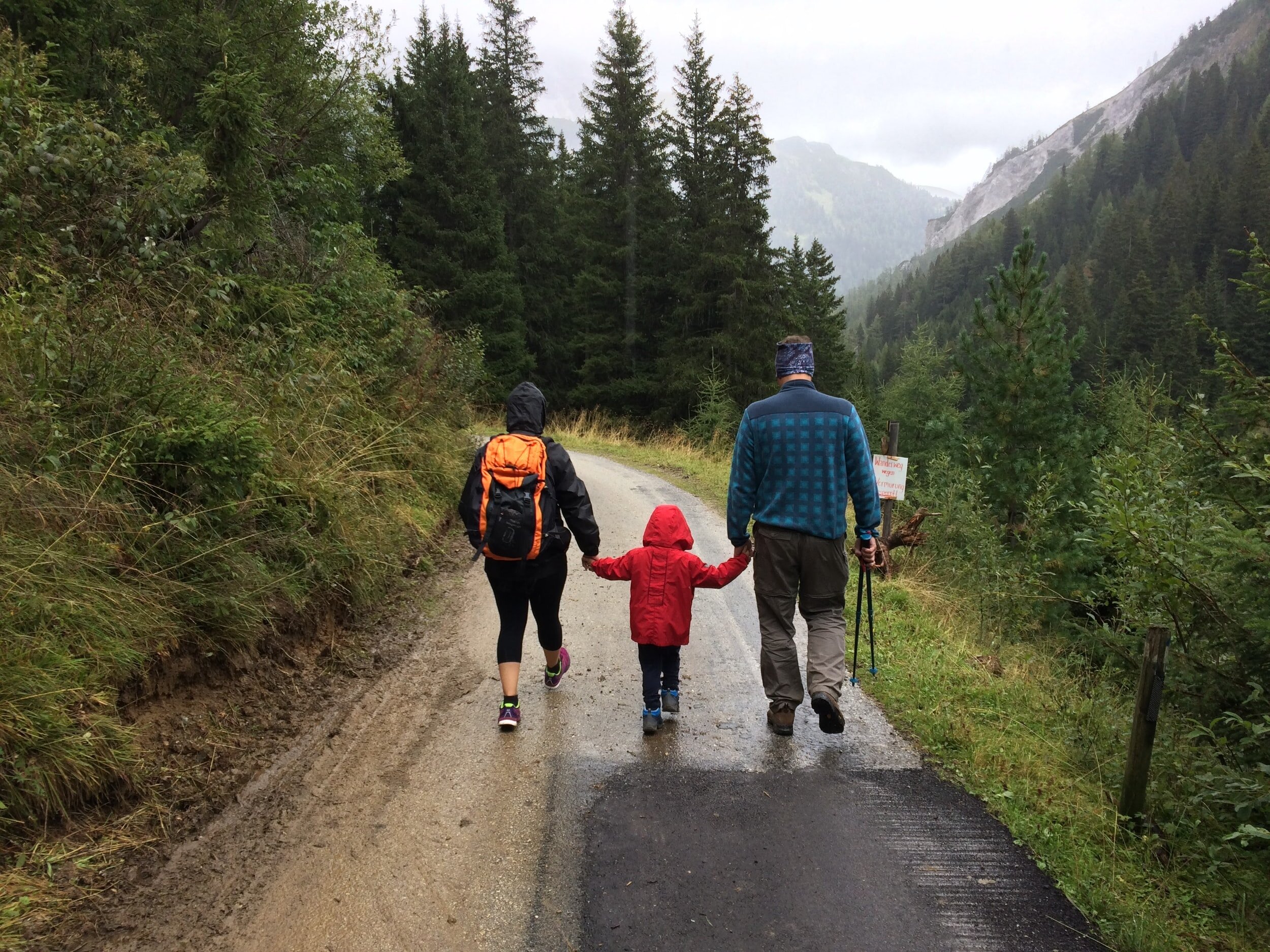
Blog
Why do children need to talk about forgotten trauma
Even when explicit memory has been lost about a traumatic event, a child’s brain needs a chance to cognitively process what happened to them. Without this processing, the child’s inherent memories may cause them to have unhelpful belief systems about the world and themselves, based on an undefined sense that they are unsafe or unloved.
What is Moral Scrupulosity OCD?
Moral scrupulosity is a common presentation of Obsessive Compulsive Disorder (OCD) wherein the client feels like they have to “always do the right thing.” While this sounds like a positive trait, moral scrupulosity can cause a tremendous amount of internal suffering.
Are you an over-apologizer? It might be OCD.
The reason for many is that apologizing is a compulsion related to Obsessive Compulsive Disorder. In this form of OCD, we have an obsessive thought that we did something wrong, usually related to a core fear that we are a bad person. We feel compelled to ‘correct’ ourselves or neutralize our fear.
Relationship OCD (ROCD) — Why we must become comfortable in uncertainty
Relationship OCD, otherwise known as ROCD, may present as anxiety that our partner doesn’t love us or worries that we have made a mistake in our choice of partners.
Emotional Reasoning in Relationship OCD
Therapy for ROCD involves sitting in the “gray” of a relationship — understanding that there are no clear answers and that our emotions are not always leading us towards the truth. We learn that although emotions have value, especially in our relationships, we cannot allow them to be primary to our decision making.
Three steps to declutter your mind when you have OCD
When we have OCD, our mind can be overwhelmed with emotions and thoughts. We must seek to simplify our mental experience.
5 Ways Parents Accidentally Reinforce their Child’s OCD
Parents may accidentally reinforce childhood OCD by walking on eggshells, enabling, punishing compulsions, or even praising compulsions.
Managing ADHD during summer vacation
ADHD kids (and adults!) thrive in a regular structure. Hours of openness can give a sense of discomfort to ADHD people, who often hate being bored. While neurotypical people might feel empowered to make healthy choices with big swaths of free time, ADHDers can feel stuck. We can feel paralyzed by all the possibilities, and instead do nothing. Or, we flit between one task and the other with no direction.
Using CBT to Improve ADHD Parenting
CBT teaches us that thoughts, especially anxious thoughts, can be unraveled and examined. Just because you feel something, does not mean it is real. As parents, we can grow and adapt to our neurodiverse kids and learn to bend rather than buckle under the daily stressors of ADHD parenting.
Fellow ADHD parents: Let’s avoid these 6 phrases
Sometimes we parents are intentional, thoughtful, and attuned. Other times, our brains are scattered with the multiple demands of modern parenting. We are putting away dishes, on hold with the insurance company, and trying to remember when we last checked “Infinite Campus” for our kiddos missing assignments… and these common and unhelpful phrases slip out.
Here are the parenting phrases that I hope ADHD parents (including myself) avoid:
ADHD Parenting: Letting Go of the Little Stuff
Constant disagreements and negative comments can really damage a growing ADHDer’s self-esteem. Unfortunately, it also damages a child’s trust in their parent. A child who overly criticized feels less close to their family and can feel more comfortable being deceptive or defiant of their parents as they grow older.
Parents coming to parenting therapy at South Boulder Counseling are challenged to reprioritize their interactions with their children.
The parent/child bond comes first.
Chasing "Perfect"- How "Type A" and ADHD can intersect
ADHDers can suffer from negative distortions, especially coming from the core belief that we are not worthy and capable. Many of us developed this core belief in childhood, when we were consistently told that “if only you tried harder…”, “you have so much potential but you don’t pay attention,” or the brutal “how come you can’t just do what I ask?”
As adults, we find ourselves chastising ourselves, taking on this critical voice as our own. While we know we have ADHD, some part of us still believes that if we tried harder and paid more attention, we could make it OK. We still blame ourselves harshly for our mistakes.
Let’s Destigmatize Anger for our ADHD Kiddos
At South Boulder Counseling, I help children process and understand their anger utilizing Cognitive Behavioral Therapy.
CBT helps us see what underlying distortions might be triggering our anger and anxiety reactions.
That way, ADHD kiddos don’t have to rely on faulty impulse controls to keep them out of trouble -- when the negative distortions are happening less and less, anger management will naturally follow.
Why I believe in ADHD positive therapy
I am an extremely ADHD positive therapist. It helps to be a high functioning ADHD adult with 7 (!!) brilliant ADHD family members. It also helps to run a therapy practice where I get to meet so many incredible kids with ADHD. I genuinely believe ADHD is one of my superpowers and I wouldn’t actually “cure” it given the chance. I make sure my clients also recognize their strengths and learn to celebrate and love all parts of themselves.
Help, my ADHD kiddo’s room is a disaster! (And she hates to clean)
Even if we know that natural messiness is part of the brain chemistry of an ADHD kiddo, parents tend to add more negative meanings to the mess. Parents catastrophize, magnify, and personalize those dirty clothes on the floor.
As CBT teaches us, our thoughts provoke our emotions. Parents aren’t just concerned about the (fixable) mess anymore -- our cognitive distortions cause all these other darker emotions to come flooding in. After having these negative cognitions, parents can feel hopeless, stressed, and sometimes angry.
Why I train white parents to talk to their non-white children about race
As an adoption counselor and a multilingual practitioner, I often have the pleasure of working with dynamic, multi-racial families. In my life and in practice, I strive to actively welcome the important topic of race. But I grew up in a family that never broached the topic.
ASD and Exercise: A Practical Guide for Parents
Movement and exercise support ASD kids’ motor skills and emotional equilibrium. But sometimes it is not so easy to get an ASD kid moving. Many Aspie kids have more sedentary passions and may thrive in introverted, indoor activities. Here are some concrete tips for getting your ASD kid a healthy hour of exercise every day.
4 Ways that South Boulder Counseling redesigns CBT Therapy for Aspies
Cognitive Behavioral Therapy (CBT) has been proven effective as a treatment for anxiety and depression with both neurotypical and ASD clients. CBT focused on changing our thoughts, or cognitions.
It is an almost ideal form of therapy for many Aspies, but I have found that I usually need to make the following 4 modifications.
Why do us ADHDers get so frustrated when we are interrupted? After all, we are masters at interrupting others...
Parents ask me -- why does my child overreact when I interrupt them? Parents, rightly, point out that the child is always interrupting them.
Why I always include exercise as part of ADHD treatment
Exercise doesn’t just make ADHD kids feel good, it also has been proven to reduce symptoms! ADHD kids have increased focus, motivation, and emotional regulation after a movement break. Some ADHD kids report that a great outdoor recess feels like getting a dose of the right medication.





















